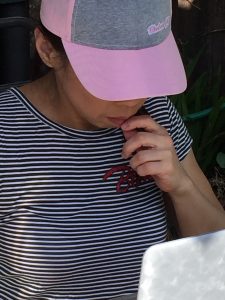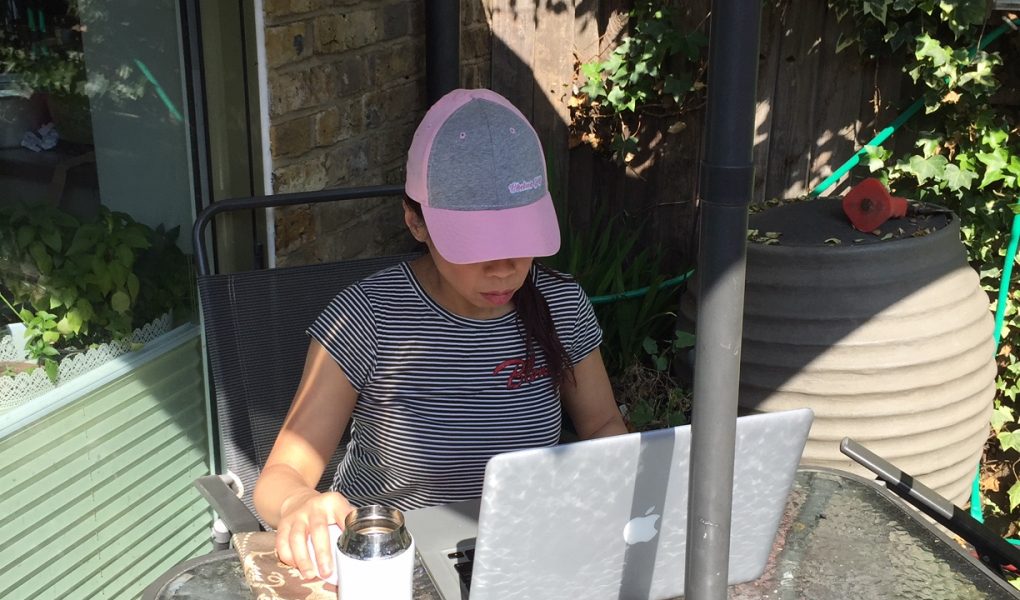1. Write what you don’t know.
Writing what you know is one of the worst pieces of writing advice. It must have come from the “old days” i.e. pre-internet where there was not enough information available to anyone so it would be dangerous and idiotic to stray past your own library. But today, how do you know what you know? It is more likely that you don’t know most things. If you know everything already, what are you learning yourself along the way? Writing what you want and what you don’t know but want to know is the best way for educating and entertaining not just yourself but others. Remember the 3 Ts: Writing is therapy, teaching and a tool.
2. Know the rules and break them.
An author I admire once uttered,
“There are three rules for writing a novel. Unfortunately, no one knows what they are.”
W. Somerset Maugham
I can think of 6 rules straightaway. They are pretty much drilled into anyone who ever did English at school. It’s not my favourite subject for that reason. NO-NOs include
- Writing in 2nd person
- Opening scene of waking up
- They were actually twins
- It was actually a dream
- Opening scene of waking up in hospital
- Writing from POV of a cat etc
- Starting sentence with And or But
Naturally I can see straightaway from the list above that I broke two rules straightaway with my novel OVERBOARD. It starts with a waking scene in a hospital and one of the narratives is in second person. I balanced this with the third person viewpoint throughout and keeping the second person chapters very short and punchy. A word of warning. Only break the rules if you know what you’re doing, eg after writing for a few years. It’s like a school, an establishment. You can only be cool kid if you earn respect over time by establishing yourself as a rebel. If you start by breaking the rules when you have only just started, you will be expelled from said school.
3. Write ideas on a very small notebook, small pieces of paper, or Post-Its
When you are having a block, starved of ideas or you are worried you won’t get anymore, try this. It’s like when you are not eating very much, you put your food on a small plate and it appears like a lot of food. Similarly, you will have more rewarding ideas session, even if psychologically. Small pieces of paper filled up with ideas before you start typing or writing give the impression that all is OK. There is nothing more frightening that a blank A4 or A3 page.

Ivy Ngeow was born and raised in Johor Bahru, Malaysia. She is the author of three novels, Overboard (Leopard Print), Cry of the Flying Rhino (Proverse Hong Kong), winner of 2016 International Proverse Prize, Heart of Glass (Unbound UK), a short story collection The Power Ballads and many short stories. She lives in London.
#overboard #ivyngeow Tweet me: @ivyngeow
